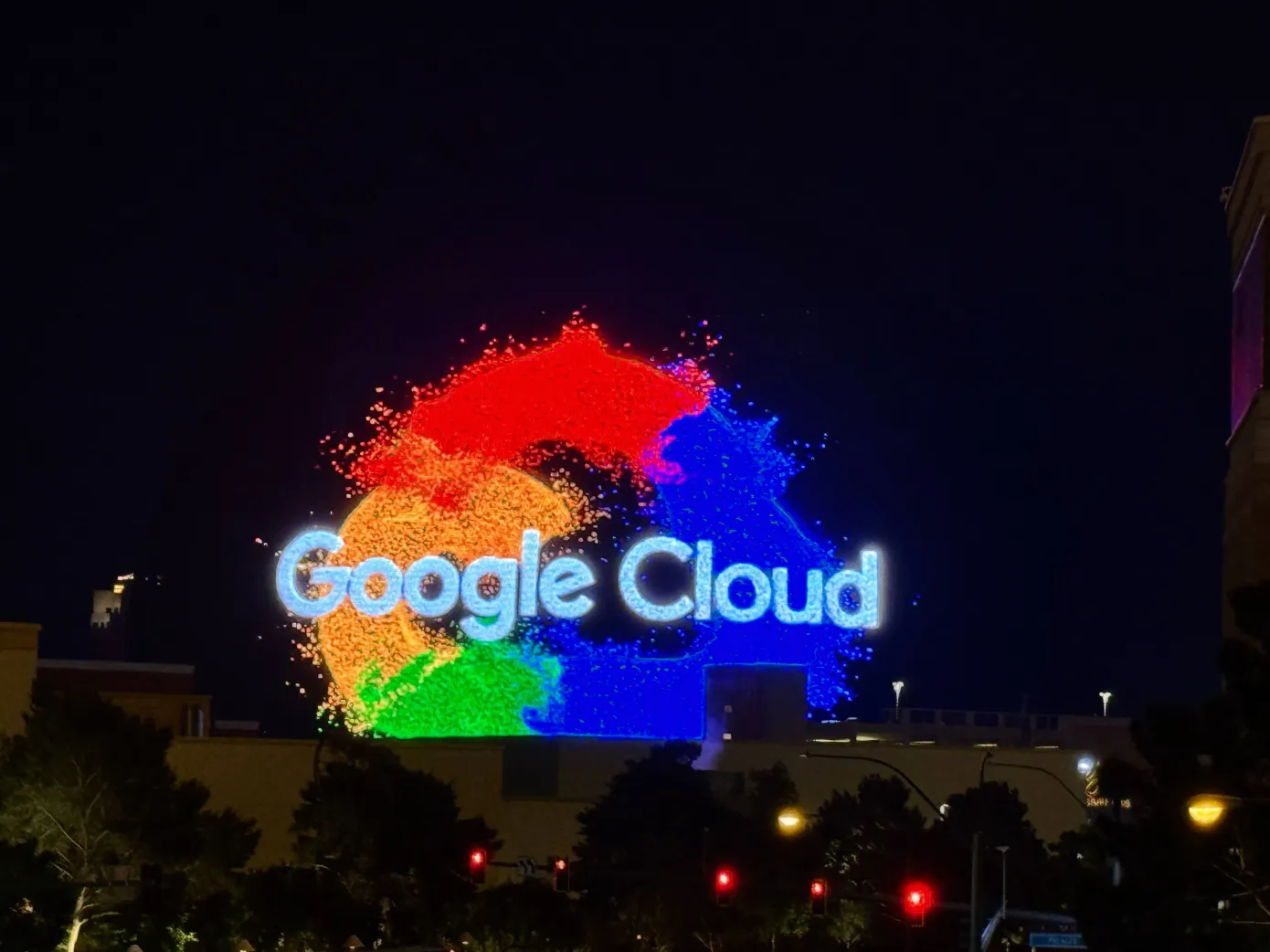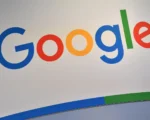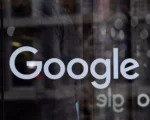Google’s departure from its typical closed-source approach at Cloud Next this year is notable, signaling a shift towards fostering developer goodwill and advancing its ecosystem ambitions through the introduction of several open-source tools geared towards supporting generative AI projects and infrastructure.
One such tool is MaxDiffusion, which was quietly released in February. MaxDiffusion offers reference implementations of various diffusion models optimized to run on XLA devices, including Google’s tensor processing units (TPUs) and recent Nvidia GPUs. These diffusion models, such as Stable Diffusion, are crucial for tasks like image generation and are accelerated by XLA techniques, enhancing performance and speed for AI workloads like fine-tuning and serving.
In addition to MaxDiffusion, Google unveiled JetStream, an engine designed specifically for running text-generating generative AI models. While currently limited to TPUs with GPU compatibility promised in the future, JetStream promises up to 3x higher “performance per dollar” for models like Google’s Gemma 7B and Meta’s Llama 2. This optimization aims to meet the increasing demand for cost-efficient inference stacks for AI workloads in production environments.
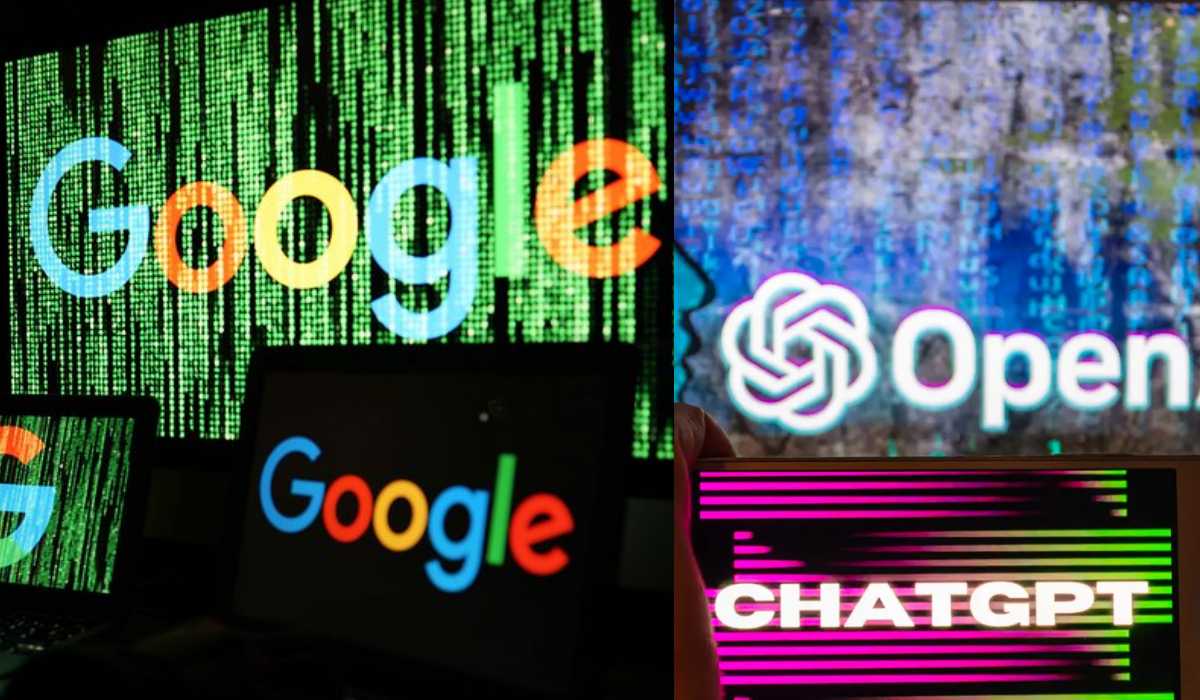
However, the claim of a “3x” improvement raises questions regarding the methodology and benchmarks used by Google. Details such as the generation of TPU used, the comparison baseline engine, and the definition of “performance” remain unclear. These queries have been raised to Google for clarification.
Google’s contributions to MaxText, its collection of text-generating AI models, further emphasize its commitment to open-source initiatives. MaxText now includes models like Gemma 7B, OpenAI’s GPT-3, Llama 2, and models from AI startup Mistral, all optimized for TPUs and Nvidia GPUs. By heavily optimizing these models for TPUs and collaborating with Nvidia to enhance GPU performance, Google aims to maximize energy efficiency and cost optimization for developers utilizing these resources.
Overall, Google’s embrace of open-source tools and optimizations underscores its dedication to advancing the field of generative AI while providing developers with accessible and efficient solutions for their projects.


